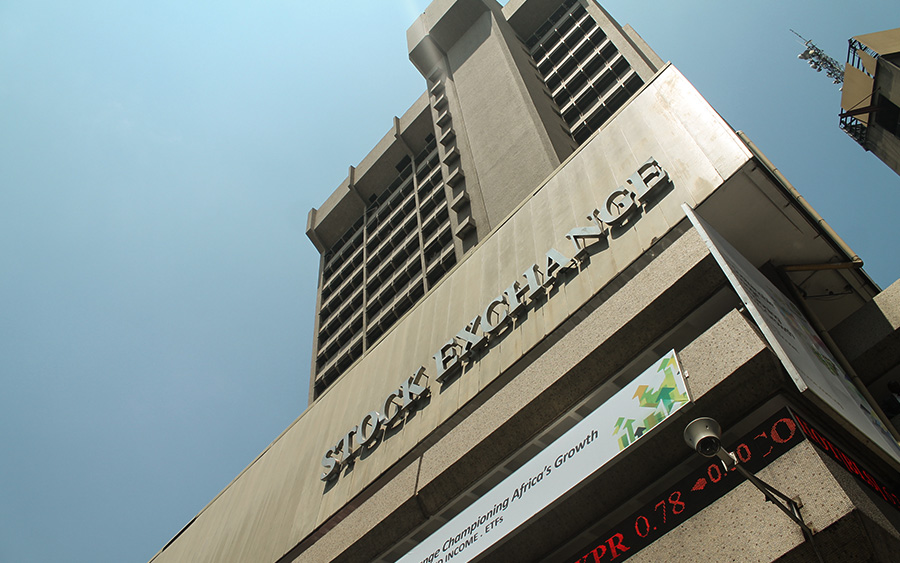Following the expiration of the Value-Added Tax (VAT) exemption on Stock Exchange transaction commissions, investors and dealing members of the capital market, are now required to pay VAT for transactions carried out on the Nigerian Stock Exchange (NSE).
This development was disclosed in a circular by NSE’s Head, Broker-Dealer Regulation, Olufemi Shobanjo.

Note that the order on exemption of Value-Added Tax (VAT), which became effective on Friday, July 25, 2014, was to be valid for a period of 5 years. Thus, it expired on Wednesday, July 24, 2019.
[READ MORE: FIRS to increase VAT after Senate confirmed minimum wage increase]
Deduction of VAT will be effective from Thursday, July 25, 2019, barring any further extensions from the Federal Government.
Henceforth, the commissions that attract VAT include the ones earned by Dealing Members on traded values of shares and the ones payable to the NSE and the Central Securities Clearing System (CSCS).
In the circular, the NSE also disclosed that CSCS would automate the deduction of VAT charged on commissions payable to the NSE and the CSCS. Dealing Members are required to resume the deduction of VAT on commissions earned.
The order: Former Minister of Finance, Ngozi Okonjo-Iweala had during her tenure, exempted VAT deductions from commissions earned on the traded value of shares, commissions payable to the Securities and Exchange Commission (SEC), and commissions payable to the CSCS.
[READ ALSO: SEC moves against ‘huge quantum’ of unclaimed dividends]
The minister at the time said there was a need for the exemption, saying the move was to encourage investments in the Nigerian capital market.
What you should know: In this context, the VAT is a type of investors’ tax placed on their products at every stage of processing any transaction.
The order, which was a result of the powers conferred on the Minister of Finance in section 38 of the Value Added Tax (VAT) Act, was to be effective for five years.
The section of the Act empowers the Minister to amend the rate of tax chargeable, and amend, vary or modify the list of exempted goods and services set out in the first schedule to the act.


















The V.A.T can only make sense if it is impose when selling out stocks and not when purchasing stocks.The seller stand at advantage position.